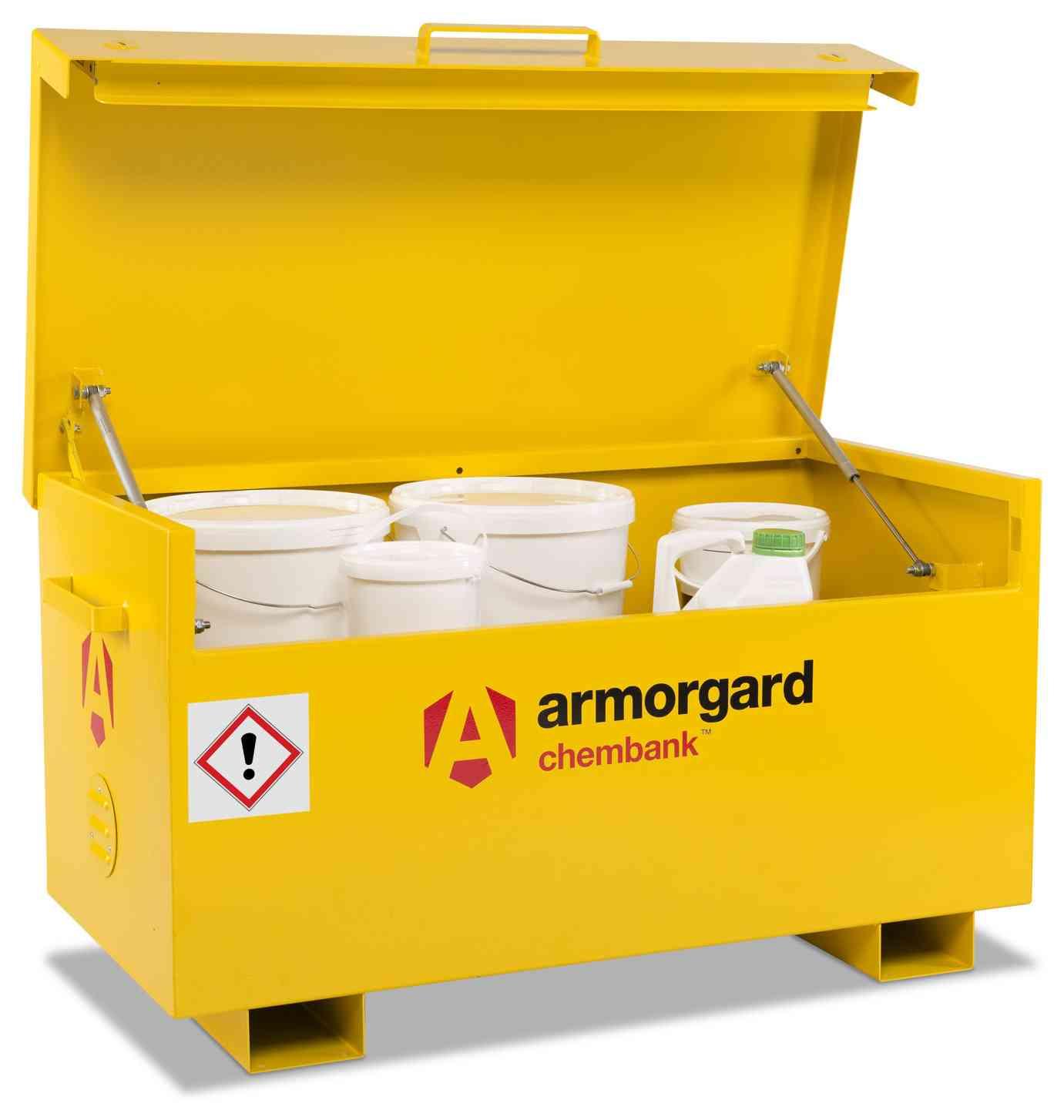A medical practice, unlike other office environments, may include some hazardous chemicals or waste materials and extra care should be taken when handling such materials.
Medical offices should be a paragon of cleanliness and medical safety; however, hospitals and private practices may deal with medicines, chemicals and waste that can be harmful to people and the environment if they are handled incorrectly. To maintain a safe office environment, it is important follow proper safety instructions while using any of the necessary equipment.
There are three times, when dealing with chemicals and hazardous materials that need extra care and vigilance:
- When you are disposing of clinical waste. You need to follow set safety instructions and you should know the difference between non-hazardous waste and hazardous waste.
- Potentially hazardous chemicals, including medicines, should be kept in secure containers.
Medical Waste Disposal
Clinical waste, when improperly handled, can simply create an unpleasant situation or it can cause a serious health risk. When you are dealing with waste
there are both governmental laws and common sense guidelines to follow. However, the first thing you should recognise is the difference between hazardous and non-hazardous waste. Waste like nappies, sanitary towels and any other waste produced from normal human hygiene is considered non-hazardous provided it comes from healthy people.
Waste like hypodermic needles and bandaging can be considered hazardous. Even normal human hygiene waste can be hazardous if they are coming from people who are ill or have infectious diseases. This kind of waste should not be tossed out with typical office garbage. Instead it should be placed in approved containers that are solid and leak proof. It should also be picked up by a waste management service that is properly licensed to handle clinical waste.
Safe Chemical Storage
Medical facilities often have a variety of chemicals in the form of medicines or cleaning products. Some of these chemicals and materials can be dangerous if they are spilled or if they fall into the wrong hands. For items that are known to be valuable, or are otherwise attractive to thieves, a high security medical cabinet is ideal. For instance, a
Probe Medical Cabinet is designed with re-enforced doors, to and a sturdy key lock. It also has an anti-bacterial coating that defends against the build-up of harmful bacteria.
Dealing with Spills or Accidents
Even with the strictest safety measures it is possible for accidents to happen. That is why it is important to keep a set of procedures as a reference in the event of an accident. If a substance is spilled, address the issue immediately. At the same time, don’t hastily begin to clean up a potentially hazardous material incorrectly. Assess the situation based on the specific material. Clean it up quickly if it is safe or call for the proper assistance if it is unsafe. If a spill is very serious it may be necessary to evacuate and call the authorities.
If you work in a medical office it is important familiarise yourself with the necessary legal procedure for medical waste. Beyond that, use common sense and caution to develop procedures to keep your office environment safe.



